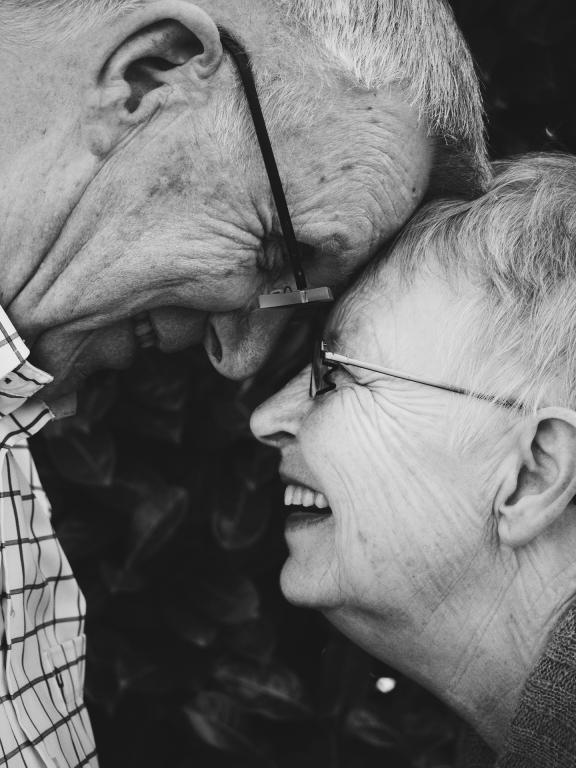In this broken world in which we live, bad things happen that are out of our control. While we don’t like to think about loss, we do need to know how to cope with it when it happens. In the past few weeks, I know several people who experienced sudden loss. Loved ones who died unexpectedly, job loss, property loss and devastating family news.
Sudden loss is different than expected loss in several ways. There is no time to prepare for the unexpected. And the last interaction you had with a person may not be positive, leaving you with guilt and regret. At times, sudden loss can hit you when you are alone, away from a support person or group making it harder to cope. Because it is unexpected, there are more questions, and the shock may last longer. Finally, sudden loss can be tragic, making it difficult to recover.
When sudden loss occurs, there questions are common:
Did it really happen?
It takes time for the full impact of the loss to register. The initial reaction is disbelief, shock or numbness. Often it feels like. dream-state that you hope from which you will awake.
Could I have done something more—or differently?
“If only…” It’s normal to rehearse various scenarios in our minds as to how we think we could have prevented the loss. Most of time, we could not, and this is a defensive mechanism to process the feeling of no control. To make sense of the loss, you might retrace your steps or words to determine if you could have done something differently, but this is not helpful. It doesn’t change anything.
Am I worthy of living?
“What did I do to deserve to live?” This is known as survivor’s guilt. When there is a tragedy and someone survives and others die, this is a common reaction.
Who can I blame?
When we experience anything out of our control, we want to blame someone or something as a way to make sense of it.
Why can’t medical and legal authorities leave me alone?
At the time of a sudden death, no one wants to deal with questions from police, coroners, doctors, investigators and other officials. We feel they are invading our private moments of grief, and they are. Yet sometimes these intrusive questions are vital to obtaining needed information. We also feel a sense of morbidity when we deal with funeral directors, the county coroner and others trying to make funeral arrangements. These people are accustomed to murder and death. Sometimes they appear insensitive and uncaring.
Why can’t I talk to him or her one more time?
The last thing said may have been pleasant and loving. Maybe you were able to give a last hug, smile at your child or tell her you loved her. Maybe you had an argument, were hurried that morning, didn’t speak or had to discipline. Regrets and unfinished business are normal. Don’t dwell on them. It serves no purpose.
God, why?
It’s OK to ask this, and you will, many times. There is no easy answer. You may never know, and that’s the toughest part of saying goodbye this way.
To move through sudden loss:
Acknowledge your feelings. Don’t pretend that because you are a Christian you don’t feel the pain. And people express grief in different ways…some cry, get angry, feel nothing at all, some even smile. Sudden loss just feels unfair. So anger does well up and you may blame anyone around you –it’s often not logical, but the anger is protective of the sadness that you can’t bear constantly.
Embraced the pain. The Lord grieved the death of his friend Lazarus even though he knew he would see him again. Jesus wept. He embraced the pain.



